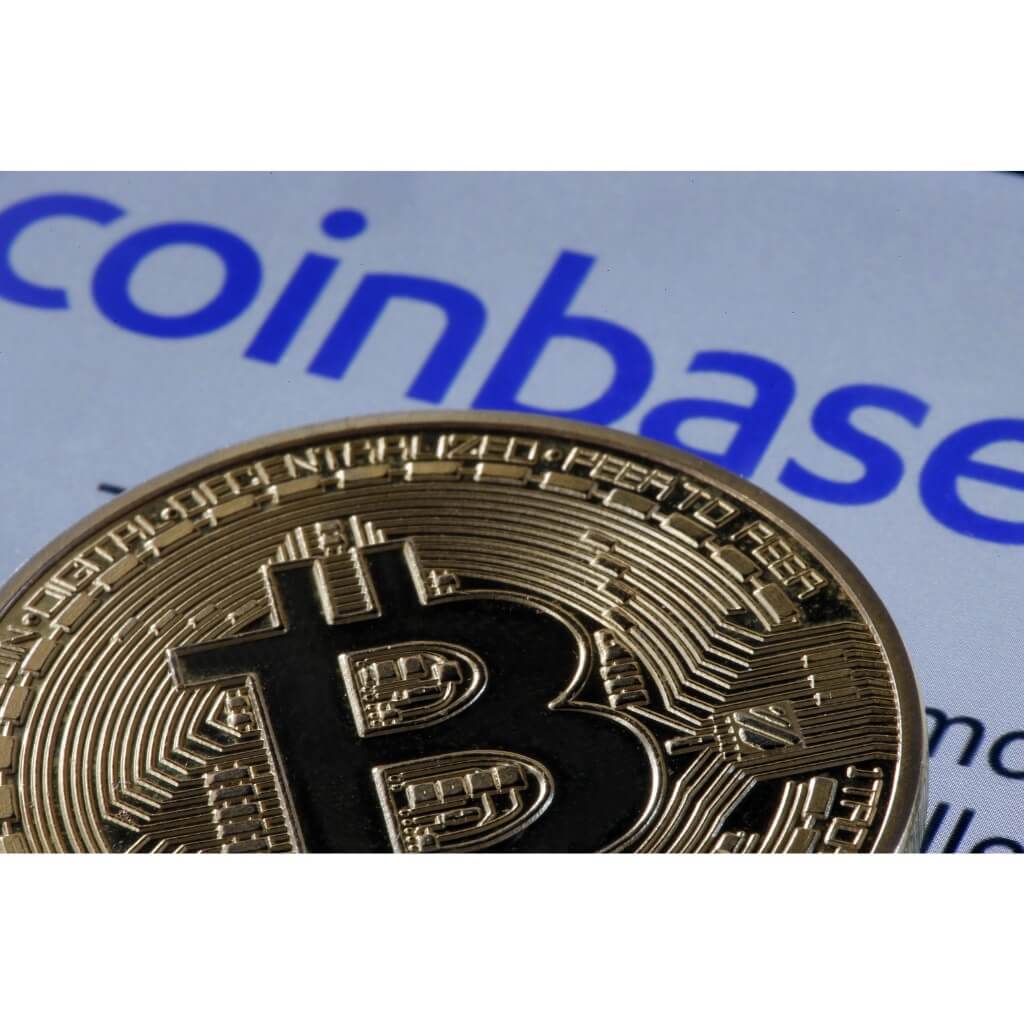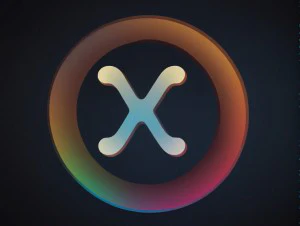Ripple lawyer Stuart Alderoty recently expressed skepticism towards the U.S. Securities and Exchange Commission’s (SEC) latest legal move against Coinbase Global, highlighting numerous issues in the regulatory body’s complaint. Alderoty, a seasoned attorney in the crypto space, voiced his concerns on X, the platform formerly known as Twitter, pinpointing the SEC’s broad definition of “investment contracts” and its application of the Howey Test to digital assets as particularly problematic areas.
Moreover, the SEC has submitted a memorandum of law to counter Coinbase Global’s motion to dismiss the case, asserting that the cryptocurrency exchange has facilitated securities transactions on its platform. The regulator emphasizes that while the public might associate securities primarily with stocks and bonds, the term “investment contracts” can encompass various forms. Additionally, the SEC argues that a transaction can still be considered an investment contract without a legally enforceable contract between a token’s buyer and seller.
However, Coinbase staunchly maintains that it does not deal in securities in any form. Consequently, the company argues that the litigation falls outside the regulator’s jurisdiction, which led them to request the court to dismiss the action. Significantly, the court granted this request, acknowledging the crypto exchange’s stance that it does not facilitate securities transactions, and thereby, the case is beyond the regulatory scope of the SEC.
In a further development, the SEC contends that Coinbase’s wallet software amounts to an unregistered securities offering. Additionally, it claims that the company’s staking program, which rewards users for verifying blockchain transactions, is equivalent to a brokerage activity. This perspective from the regulatory body has sparked debates in the cryptocurrency and legal communities as it navigates through the complex and often murky waters of digital assets and securities law.
Moreover, the SEC has underscored that the Howey Test, a tool used to determine whether a transaction is an investment contract and, therefore, a security, applies to both primary and secondary market transactions. This stance has been met with skepticism and criticism from various quarters, including Alderoty, who questioned the regulator’s approach to comparing digital assets to traditional value items, such as baseball cards.





